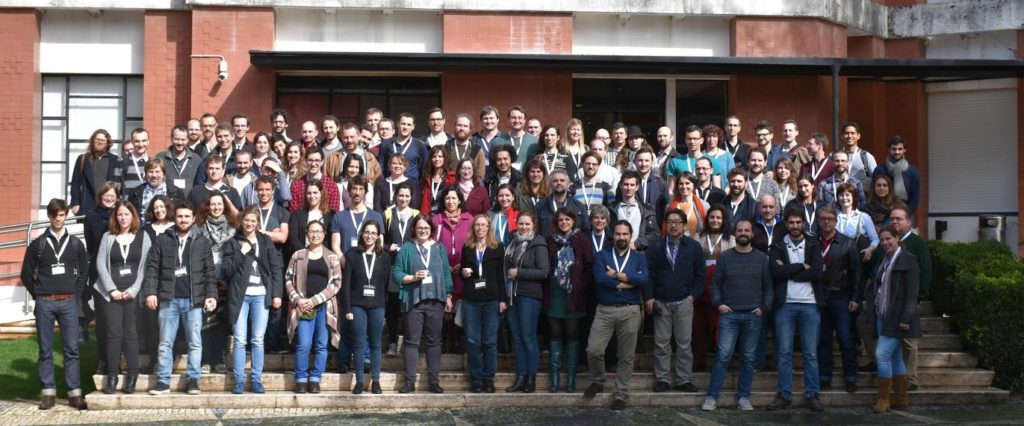NEUBIAS Training School for Early Career Investigators
Overview
Since the time of Robert Hooke, images obtained through microscopy have played a central role in biological investigation. The integration of microscopy with image capture technology and computational science has heralded a new era in Biology: images are now treated as multidimensional numerical data, which can be processed and analysed quantitatively using computers. For treating images as measured values, knowledge on the nature of digital images, of processing protocols and of algorithms is essential. However, most biologists are not yet trained with the skills necessary for using complex image analysis tools, or how they operate, and how to best extract meaningful quantitative data from micrographs; this is especially true with techniques such as fluorescence, confocal and other advanced microscopy techniques.
This NEUBIAS training school series is based on the highly successful BIAS courses (@ EMBL) and EuBIAS symposium course, and will be provided by NEUBIAS faculty and new invited trainers.
On September 2017, NEUBIAS will organize a Training School on Bioimage Analysis for Early Career Investigators in Life Sciences, the 2nd of a series of 7 Training Schools (25 trainees each) to be repeated bi-yearly until 2020.
Target Audience: Early career investigators
With this training school are are trying to reach especially early career investigators, typically PhD students, Post-docs, faculty staff or research scientists who are already well into image acquisition and have started handling and analyzing those images, and who have a critical critical need for analysing bioimages in order to pursue their research goals. Although no specific level in Image Analysis knowledge is required, the adequacy of the research project to the course content will be a major selection criterion.
Interested applicants are requested to write a letter of motivation, fill a form to assess their level of proficiency and interests, and include a mini-project with goals for the course (e.g. a specific image analysis tool or workflow that they are interested in getting help with from our expert trainers).
If you already master BioImage Analysis tools and feel you have a solid understanding of workflows and programming, NEUBIAS also organizes schools for BioImage Analysts, focused on developing advanced workflows and applications.

